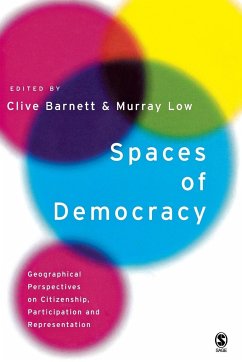Following the Second World War, modern systems of urban and regional planning were established in Britain and most other developed countries. In this book, Nigel Taylor describes the changes in planning thought which have taken place since then. He outlines the main theories of planning, from the traditional view of urban planning as an exercise in physical design, to the systems and rational process views of planning of the 1960s; from Marxist accounts of the role of planning in capitalist society in the 1970s, to theories about planning implementation, and more recent views of planning as a form of `communicative action'.
`The author has created a short and readable overview of the main theories of planning, an achievement which students will surely appreciate' - Netherlands Journal of Housing and the Built Environment
`I would use Nigel Taylor's book as a first point of entry. The text is peppered with very good illustrations of planning theory in practice and Nigel Taylor is very careful to show the implications, impacts, and contradictions of theoretical ideas when applied to a range of planning contexts' - European Planning Studies
`I would use Nigel Taylor's book as a first point of entry. The text is peppered with very good illustrations of planning theory in practice and Nigel Taylor is very careful to show the implications, impacts, and contradictions of theoretical ideas when applied to a range of planning contexts' - European Planning Studies









